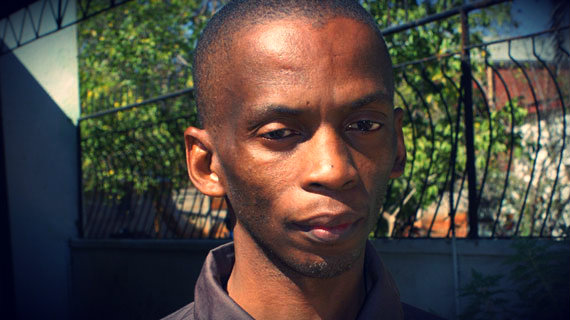
I WOULD like to suggest that in order to deal with corruption decisively and effectively, it is vital for the country to have a multi-faceted approach in tackling this endemic cancer.
The three things that will be critical in fighting corruption are strengthening public accountability institutions created by the constitution, building a culture and systems of integrity as well as creating space for civil society and media to play a watchdog role. I will, however, deal with a few key institutions that can act as a bulwark against corruption. Constitutional Institutions The constitution embeds structures and a general corporate governance framework to deal with the issue of corruption and poor corporate governance. Some of these institutions are as follows:
- The Zimbabwe Anti Corruption Commission (ZACC),
- The Auditor General,
- Parliament,
- The National Prosecuting Authority,
- The Civil Service Commission,
- The Courts,
- Line Ministries and boards,
- Councillors.
I will briefly attempt to outline the roles and responsibilities of these structures in combating corruption and promoting good corporate governance .
The Zimbabwe Anti-Corruption Commission. This is the prime player in the war against corruption and Chapter 13 of the constitution creates this body specifically to deal with cases of corruption and to even direct the Commissioner General of Police to investigate suspected cases of corruption.
Some of the constitutional duties of the commission include receiving complaints from members of the public concerning corruption, combating corruption, theft and abuse of office in the public and private sector as well as investigating such corruption in both sectors. Importantly it can even refer matters to the National Prosecuting Authority for prosecution.
This then means that in order for ZACC to be effective, other constitutional institutions need to be equally responsive. These institutions are the police, the Prosecutor General and the courts. If there is a weak link in any part of this chain it may mean that perpetrators of corruption will continue to go scot free.
The commission will also be rendered toothless and effectively useless as well if it is not adequately resourced.The commission needs full time staff and administrative budgets in order to be effective.
Currently the commission is not fully constituted or well funded. Though the commission was one of the first to be formed it needs institutional capacity building both financially and technically if it is to effectively carry out its mandate.
- Chamisa under fire over US$120K donation
- Mavhunga puts DeMbare into Chibuku quarterfinals
- Pension funds bet on Cabora Bassa oilfields
- Councils defy govt fire tender directive
Keep Reading
The Auditor General According to section 309 of the constitution the Auditor General exists to:
- Audit the accounts and financial systems of all departments, agencies, local authorities and agencies of government,
- To carry out special audits on any statutory body or state enterprise upon request from the government,
- To order the taking of measures to rectify any defects or anomalies in ensuring that public funds are safeguarded. In effect, if this office is fully operational it is the eyes and ears of the pubic and is even mandated to take action in redressing identified anomalies. I wonder how many Parastatals have been subjected to audits and remedial action over the past ten years.
Parliament Parliament and members of parliament do not exist to distribute maize seed and Kapenta fish or second hand clothes, but according to section 119 of the constitution to ensure that provisions of the constitution are adhered to, to hold public institutions accountable and to make laws.
It is pleasing to note that parliamentary portfolio committees have been doing a good job in bringing ministries and government departments to account. The debate on the issue of corruption in state enterprises has actually been very lively in parliament, but steps should be taken to recall absentee MP’s that sleep in parliament (some talk in their sleep).
Parliamentarians should be out there in the august house representing the interests of the ordinary Thabani or Dumisani defending them from vampire gangsters in suits who loot public finances.
The other critical institutions include the National Prosecuting Authority, the Police and the courts. Given the magnitude of corruption in some of these institutions it will be a very tall order to deal with corruption especially in state agencies and institutions.
Kleptocracy which is rule of thieves, by thieves, for thieves is actually celebrated in some institutions and it remains to be seen how the law enforcement agencies will be cleansed and sanitised from corruption. It is pleasing to note that the Police Commissioner-General has declared zero tolerance on corruption in the police service.
Time and space do not permit me to outline the role of the media and civil society, but definitely I will articulate the role of media and civil society in combating corruption in my next instalment.
Mayibuye!
Dumisani Nkomo is a political commentator and chief executive officer of the Habakkuk Trust. He writes in his personal capacity










